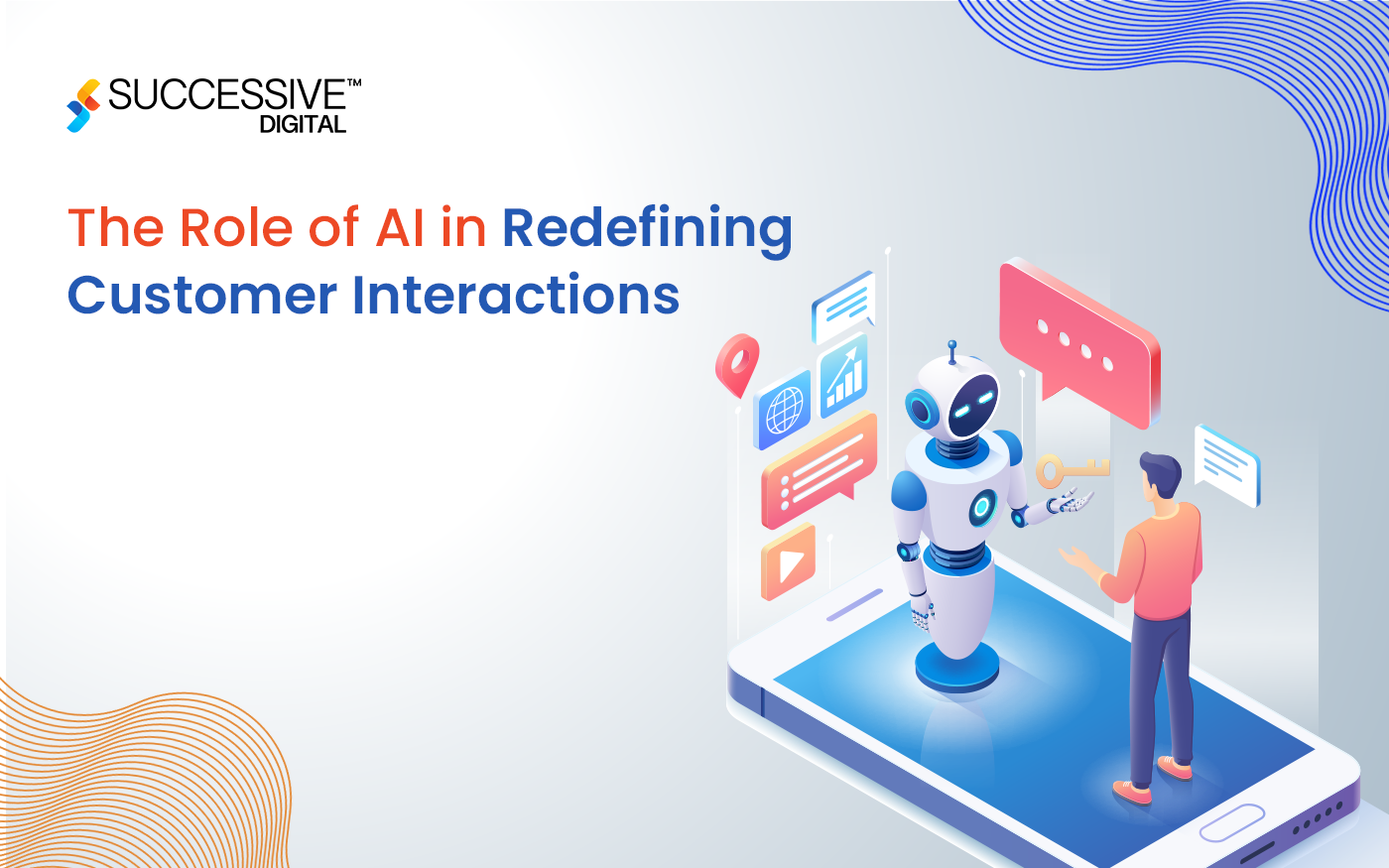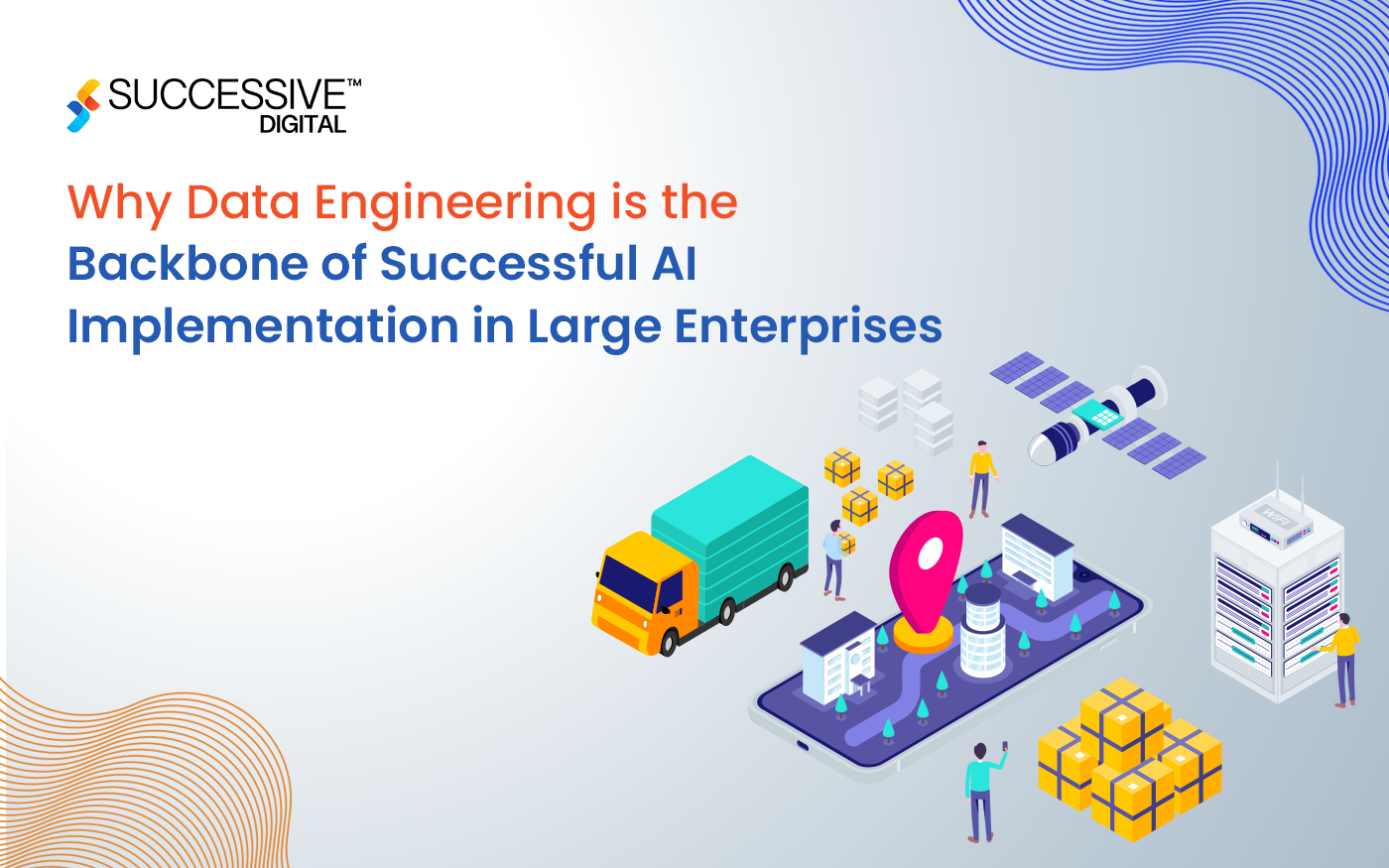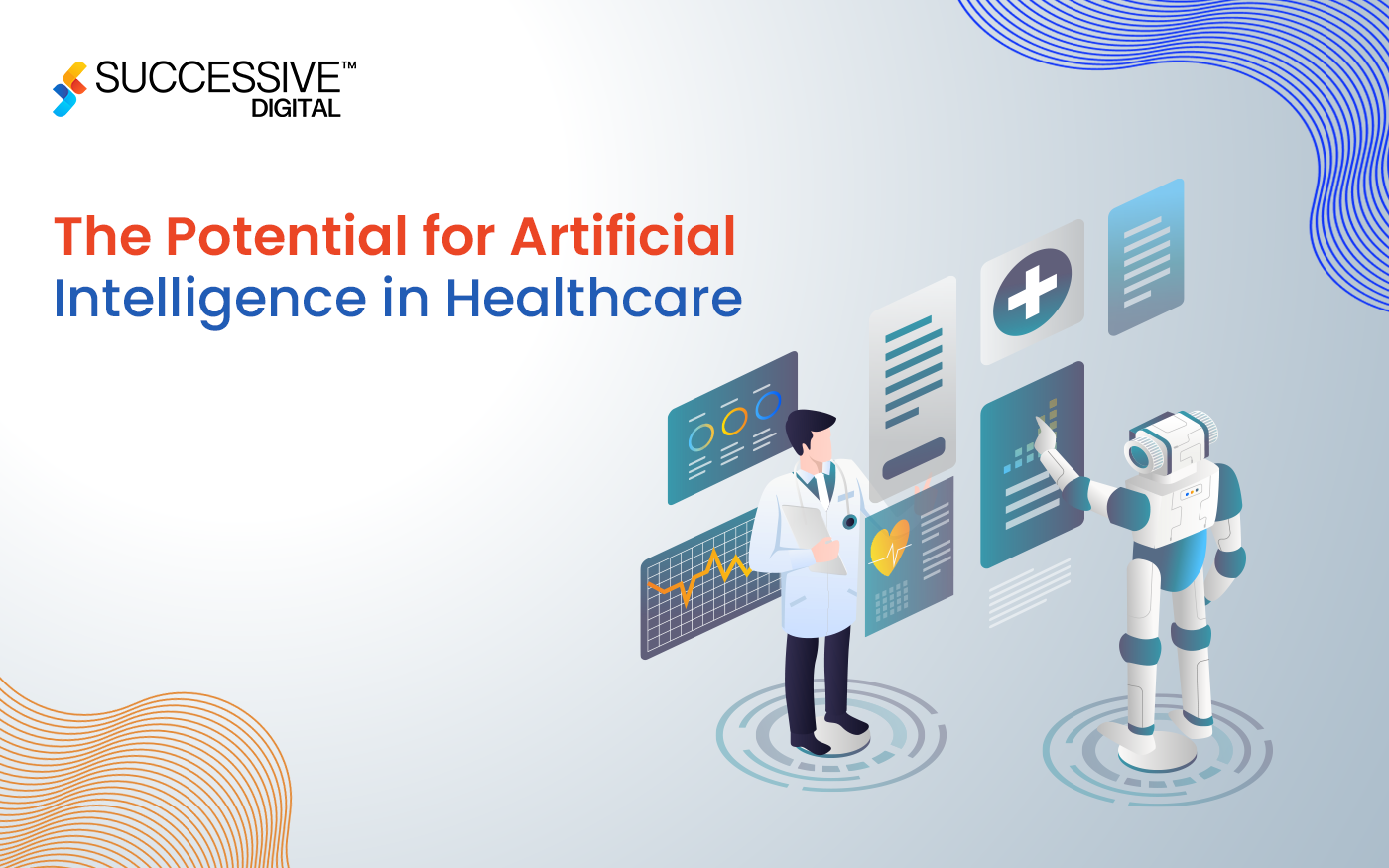For years, Master Data Management (MDM) has been viewed as the cornerstone of enterprise data strategies. It promised a single, trusted version of the truth, enabling organizations to manage core data across systems, departments, and applications. Yet in the era of cloud platforms, real-time analytics, and AI-driven insights, some have questioned: Is MDM still relevant?
The short answer: Master Data Management isn’t dead—it’s evolving.
Rather than fading into obsolescence, MDM is adapting to modern demands. Traditional implementations focused primarily on centralizing static data like customer, product, or supplier records. Today, MDM has expanded into a more dynamic, interconnected discipline, enabling enterprises to link master data with real-time streams, cloud platforms, and advanced analytics.
In this blog, we’ll explore what is Master Data Management, why it remains vital, how it’s changing, and where technologies and processes like master data management software, data strategy consulting, and data engineering services fit into the picture.
What Is Master Data Management?
Before we explore its evolution, let’s revisit the basics. Many organizations ask, “What is Master Data Management?”
At its core, Master Data Management is the practice of defining, standardizing, and governing the most critical data entities in a business. These typically include:
- Customer data (names, contact details, preferences)
- Product data (attributes, pricing, SKUs)
- Supplier and partner data
- Employee or location data
The objective of MDM is to create a “single source of truth” that can be shared consistently across enterprise systems, from ERP and CRM to analytics platforms and digital applications. Without MDM, organizations risk operating with inconsistent, duplicated, or inaccurate data, leading to inefficiencies and poor decision-making.
Why Master Data Management Still Matters
The business environment today is more data-driven than ever. Organizations are harnessing AI, machine learning, and cloud platforms to accelerate decision-making and personalization. Yet, these advanced initiatives depend on one thing: trusted data.
Without reliable master data, even the most sophisticated analytics models produce flawed results. For example:
- Marketing personalization fails when customer data is duplicated or outdated.
- Supply chain optimization stumbles if product or supplier data lacks accuracy.
- Financial reporting errors arise when disparate systems manage conflicting data sets.
This is why MDM remains foundational. Instead of being outdated, it has become the enabler of new digital transformation initiatives. Modern master data management software integrates seamlessly with cloud platforms, APIs, and real-time data pipelines, ensuring that enterprises can deliver consistent and governed data wherever it is needed.
How Master Data Management Is Evolving
Traditional MDM initiatives were often criticized for being slow, rigid, and IT-driven. Implementations took years, and by the time they delivered, business priorities had shifted. The new wave of MDM is solving these challenges by embracing flexibility, cloud-native architectures, and real-time capabilities.
Here’s how:
1. From Centralized Hubs to Distributed Models
Older MDM systems relied heavily on a centralized hub. Today, modern MDM software supports distributed, federated models that allow master data to exist across multiple platforms while still maintaining governance. This flexibility is essential for hybrid and multi-cloud environments.
2. Integration with Cloud and Data Lakes
As enterprises adopt cloud platforms and data lakes, MDM is evolving to feed and synchronize trusted master data across these environments. This ensures that analytics, AI, and reporting are powered by accurate, consistent data.
3. Real-Time and Event-Driven MDM
Instead of batch updates, organizations now need real-time data flows. Modern MDM integrates with event-driven architectures, enabling businesses to deliver accurate data at the speed of operations.
4. AI-Enhanced Data Stewardship
AI and machine learning are now used to automate data matching, deduplication, and classification—reducing manual stewardship and accelerating MDM adoption. However, successful automation depends on strong data engineering in AI implementation, which ensures that the underlying data pipelines and governance frameworks are robust enough to support AI-driven MDM.
5. Business-First, Not IT-Only
Modern MDM is no longer an IT-owned project. By embedding governance into business processes, enterprises are making MDM part of everyday decision-making, rather than a back-office compliance task.
The Role of Master Data Management Software
Modern master data management software plays a critical role in this evolution. Unlike older systems, today’s platforms are built to be:
- Cloud-native – scalable and deployable across multiple cloud environments.
- API-first – ensuring seamless integration with ERP, CRM, and SaaS platforms.
- User-friendly – offering self-service capabilities for business teams.
- AI-enabled – automating classification, deduplication, and validation.
By deploying modern MDM software, enterprises can align trusted data with emerging business needs—whether that’s personalizing customer journeys, optimizing supply chains, or ensuring compliance in regulated industries.
Why MDM Needs More Than Technology
While software is essential, MDM success depends equally on strategy and execution. Many organizations invest in technology but fail to align it with governance frameworks, processes, and business objectives. This is where data strategy consulting and data engineering services provide value.
1. Data Strategy Consulting
Consultants help enterprises design MDM initiatives that align with business goals. This includes identifying priority domains (such as customer or product data), defining governance frameworks, and ensuring alignment with compliance standards like GDPR or HIPAA. In many cases, data strategy consulting prevents organizations from over-engineering solutions or focusing only on IT outcomes.
2. Data Engineering Services
Data engineers play a key role in operationalizing MDM. They design pipelines that connect master data with analytics, applications, and cloud platforms. With data engineering services, enterprises can implement automation, integrate multiple data sources, and ensure that MDM works seamlessly within the broader data ecosystem.
Together, these services transform MDM from a technology project into a business enabler.
Case in Point: MDM in Action
Consider a global retail organization struggling with inconsistent product and customer data across regions. Marketing campaigns were underperforming because customer profiles were fragmented, while supply chain teams lacked accurate product information.
By deploying modern master data management software and engaging data strategy consulting experts, the company redefined its MDM approach. The solution integrated customer and product data across multiple platforms, while data engineering services ensured real-time updates into the analytics systems.
The result:
- Marketing campaigns achieved higher personalization and ROI.
- Supply chain operations gained visibility into accurate product catalogs.
- Executives could trust dashboards powered by consistent, governed data.
This case shows that MDM, far from being obsolete, is a powerful enabler when modernized and aligned with strategy.
The Strategic Benefits of Modern MDM
When done right, modern Master Data Management delivers far more than compliance and governance. It enables:
- Data Trust – ensuring stakeholders can rely on data for decisions.
- Business Agility – faster launches of products, campaigns, and initiatives powered by consistent data.
- Regulatory Compliance – adherence to global data privacy and industry standards.
- AI and Analytics Readiness – enabling advanced use cases by providing clean, governed input data.
These outcomes demonstrate why organizations are reinvesting in their data management as part of their digital transformation strategy.
Conclusion
Master Data Management isn’t dead—it’s evolving. While the traditional, rigid models of the past no longer serve today’s fast-paced business environment, modern MDM has adapted to support real-time, cloud-native, and business-driven requirements.
By combining modern master data management software with data strategy consulting and data engineering services, enterprises can move beyond simply answering “What is Master Data Management?” to realizing its full potential as a driver of agility, trust, and innovation.
In an era where trusted data fuels competitive advantage, MDM is not just surviving—it is thriving. And for organizations seeking to future-proof their data ecosystems, evolving MDM is the key to success.
Ready to modernize your MDM strategy? Talk to our experts →












